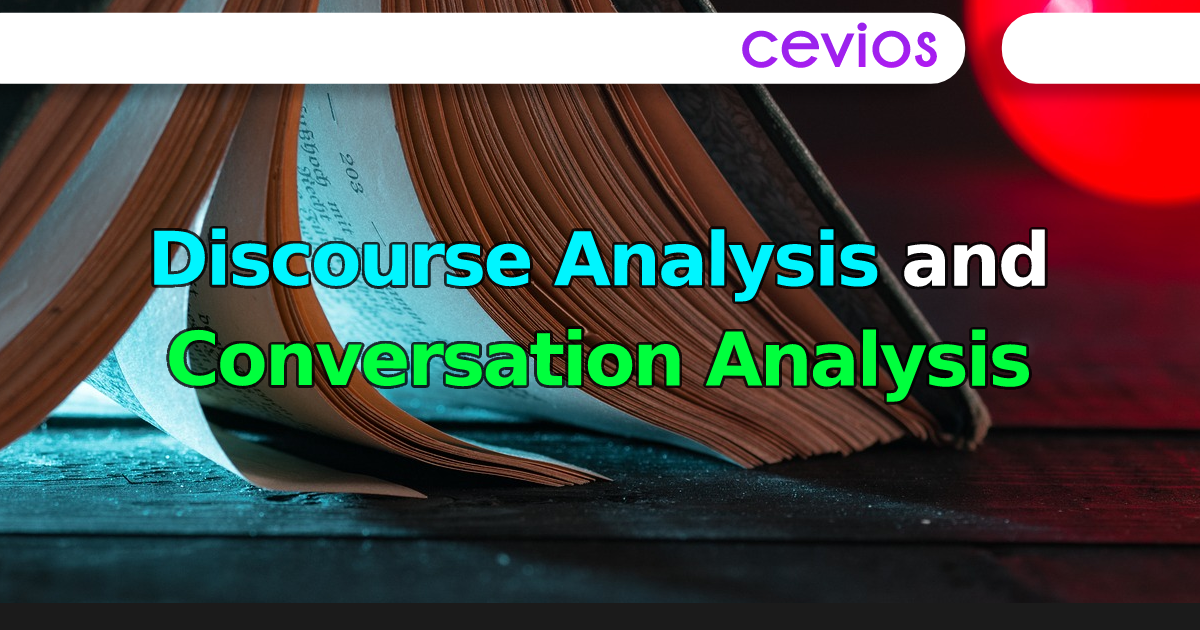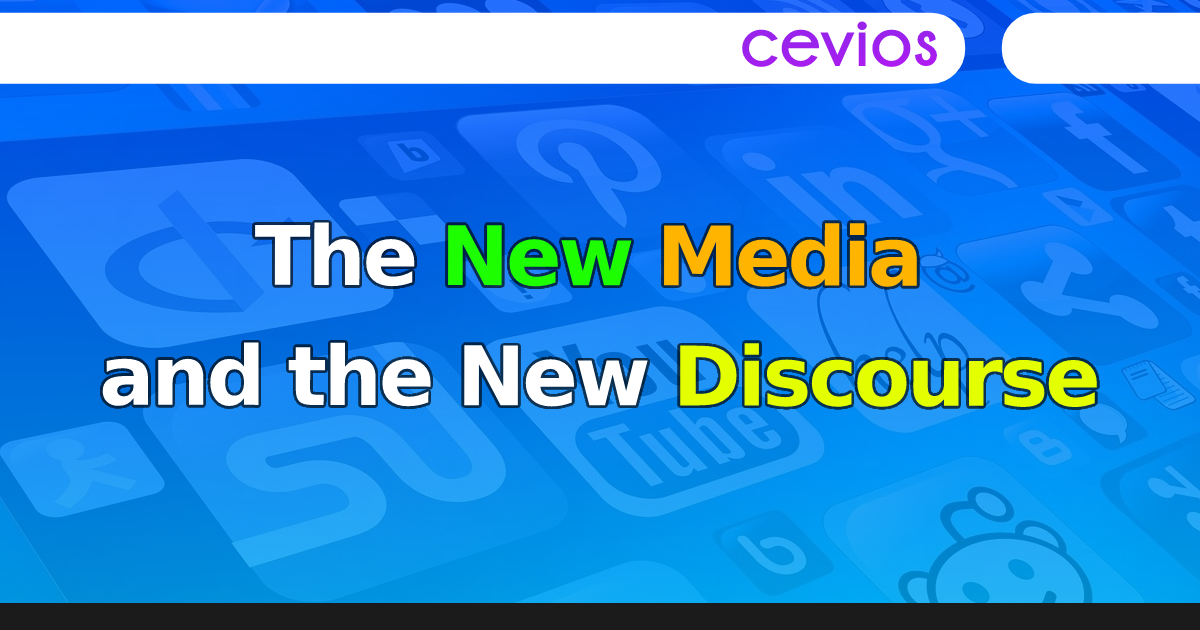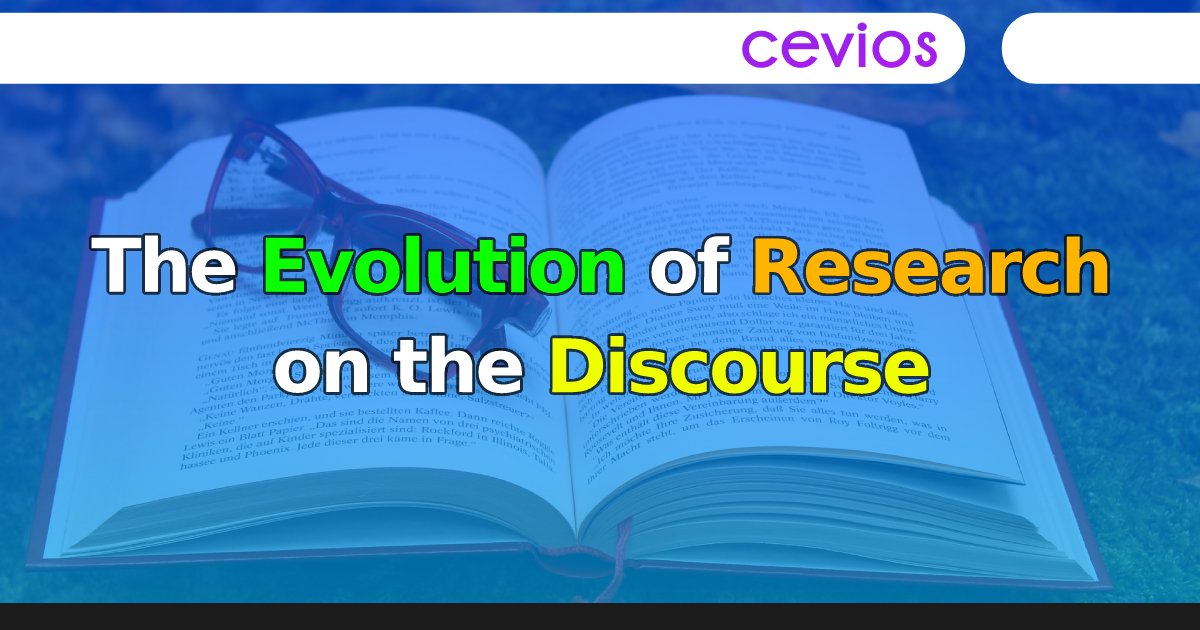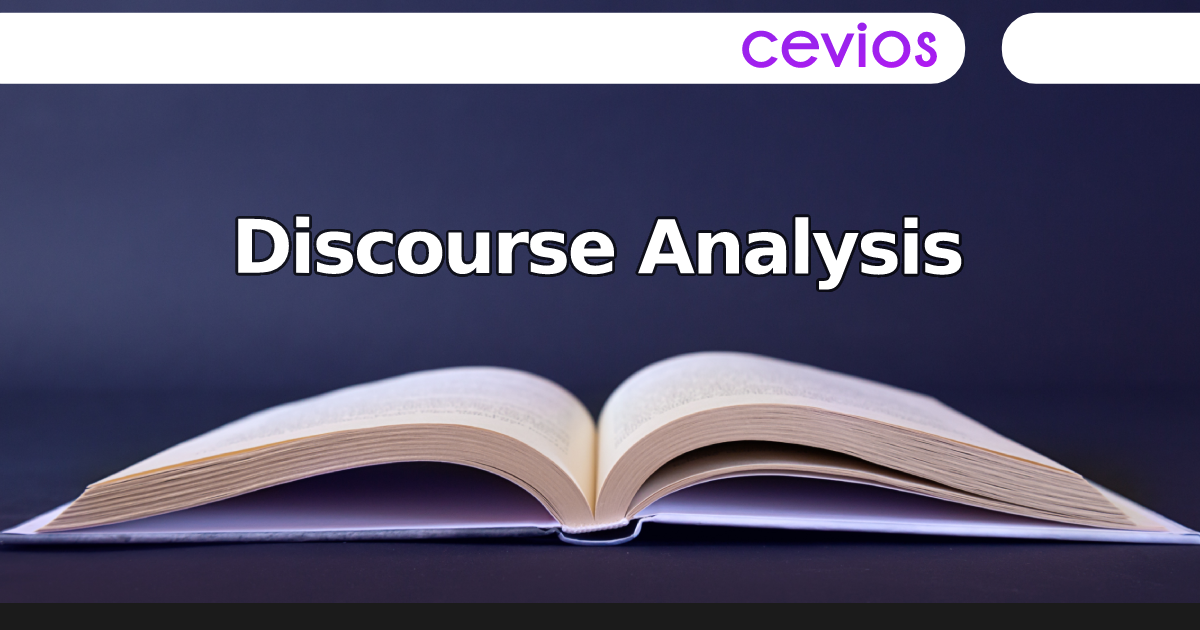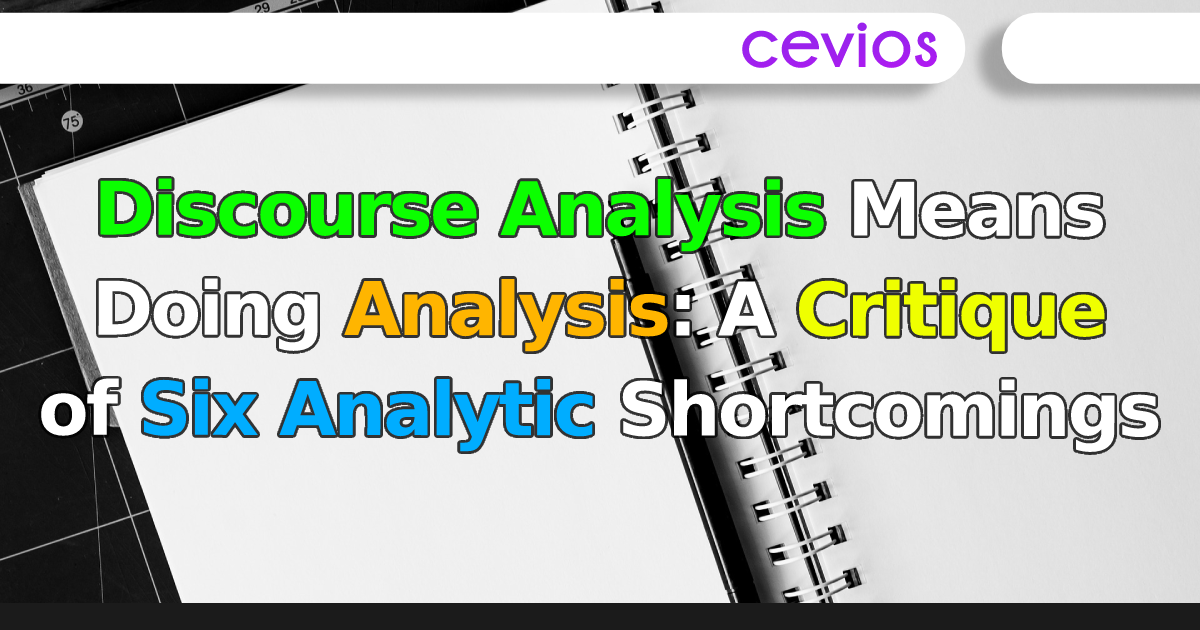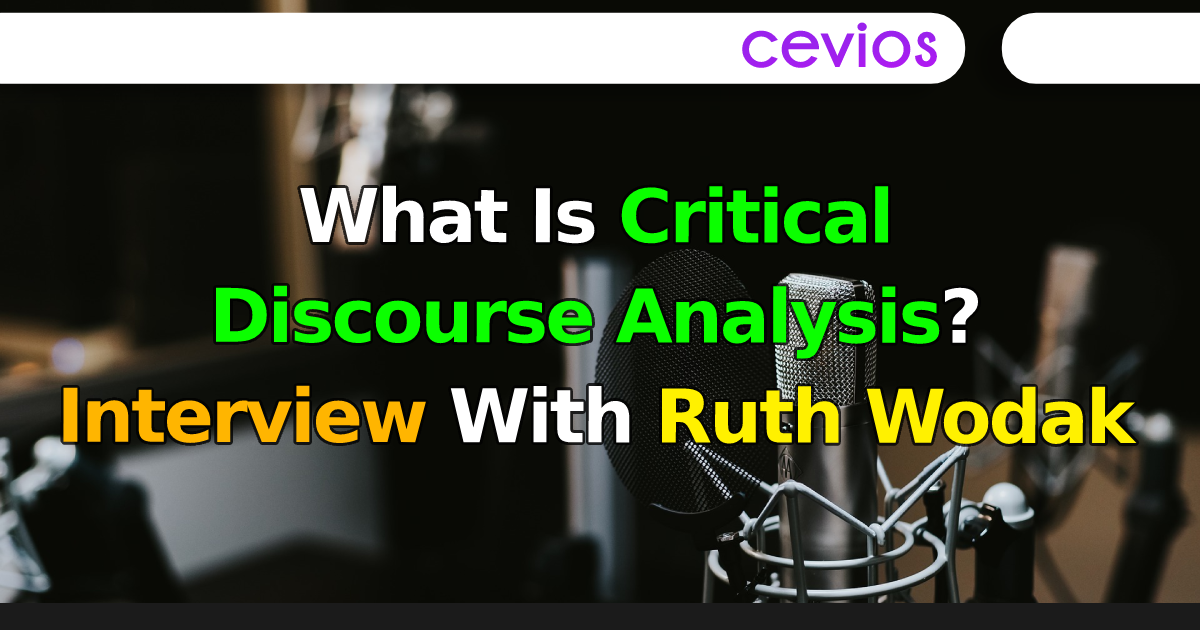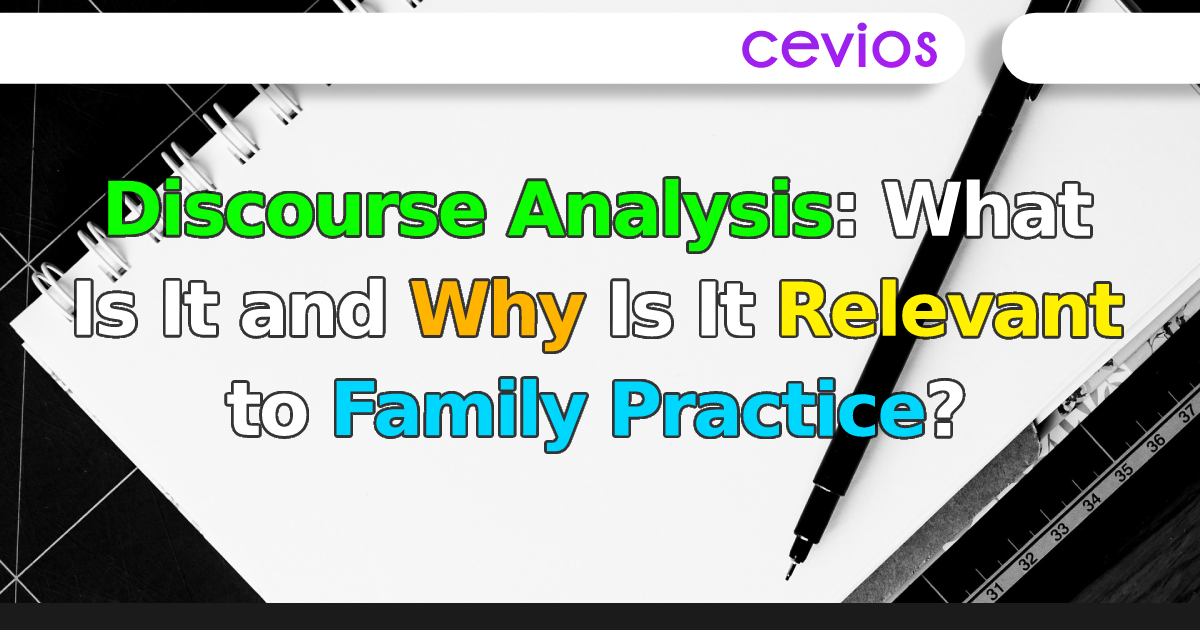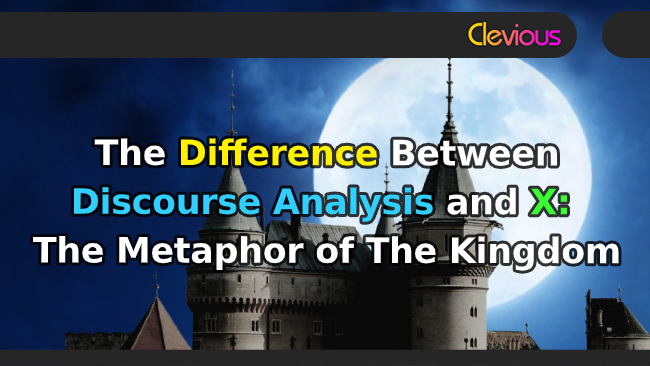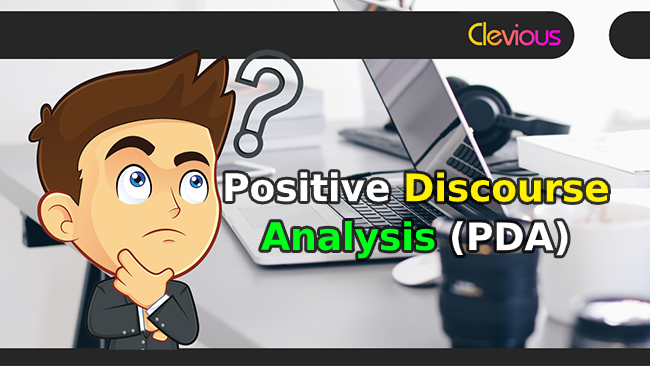“Discourse” means what people say or write. Scholars might want to look into what people say or write for many reasons: and their particular reason will play a large part in deciding just what sort of saying and writing they choose to study, and what methods they use to do so…
